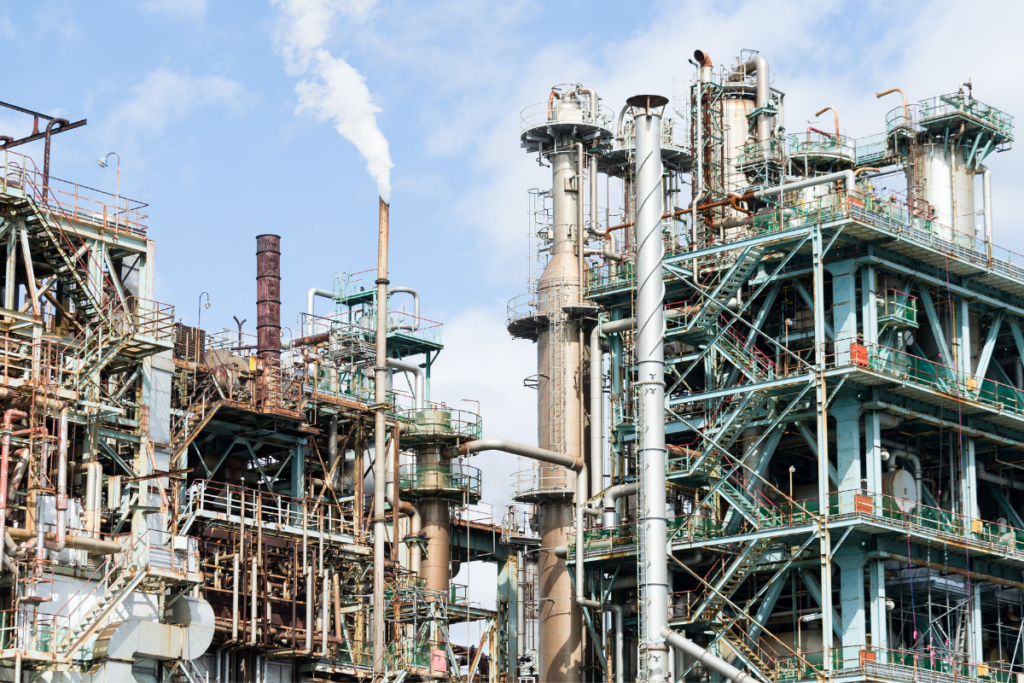Asbestos is a known carcinogen. The mineral was long considered a “miracle fiber” for its strength, resilience and heat and fire resistance. For decades, it found its way into everything from insulation and floor tiles to brake pads and hair dryers.
Even so, U.S. manufacturers largely moved away from asbestos use due to a series of limited bans and massive mesothelioma lawsuits. As a result, asbestos use has declined rapidly since the early 1980s. U.S. firms have stopped mining it, and the imports have mostly dried up, as well. Until recently.

Chemical manufacturers continue to drag their heels
E&E News recently reported that asbestos imports had risen sharply over the first three months of 2022. In fact, the 114 tons of chrysotile asbestos imported from Brazil and China over those months outweighed the 100 tons imported in all of 2021.
This news comes despite the fact Brazil has banned asbestos use within its borders. It also flies in the face of a potential ban. Because the EPA is once again considering a full ban on asbestos, some suggest the imports are a cynical response. The president of the Asbestos Disease Awareness Organization (ADAO) claims the rise shows that chemical manufacturers are “banking on stopping the proposed ban.”
The surge in asbestos imports is also notable because the U.S. allows very few uses. Most of the imported asbestos will go to chemical plants where manufacturers process chlor-alkali for chlorine. Yet, as Reuters pointed out, there are alternatives that don’t involve asbestos. In fact, U.S. companies produce two-thirds of the nation’s chlor-alkali without asbestos. Only 10 plants still use asbestos, and those plants are owned by three companies.
Those three companies have refused to stop using asbestos even though the U.S. banned the mining of asbestos back in 2002. For 20 years, those companies have failed to read the writing on the wall, and they continue to put lives at risk with a harmful carcinogen. Why? Presumably, to work toward a slightly higher profit margin, even though their competitors can do business without the deadly mineral.
Holding manufacturers responsible
The chlor-alkali manufacturers are trying to put their own spin on the news. They claim the proposed asbestos ban will close factories and hurt thousands of workers. However, that claim overlooks the very real, and immediate, fact that thousands of Americans die every year from asbestos-based diseases.
The Environmental Working Group Action Fund conducted an analysis of asbestos-related deaths. It found that asbestosis, asbestos-related lung cancer and mesothelioma claimed somewhere between 8,500 and 10,600 American lives per year.
Of course, prior to these deaths, you have victims suffering with poor health. You have families forced to lose their loved ones too soon. You have dreams derailed, extra financial burdens and long, difficult cancer treatments. All of this so chemical manufacturers can ignore one method of production for another that might save them pennies on the dollar.
There’s no reason the chlor-alkali industry should hold the public health for ransom. It’s possible to hold them accountable, as well as all the other manufacturers who knowingly exposed the American public to asbestos.


